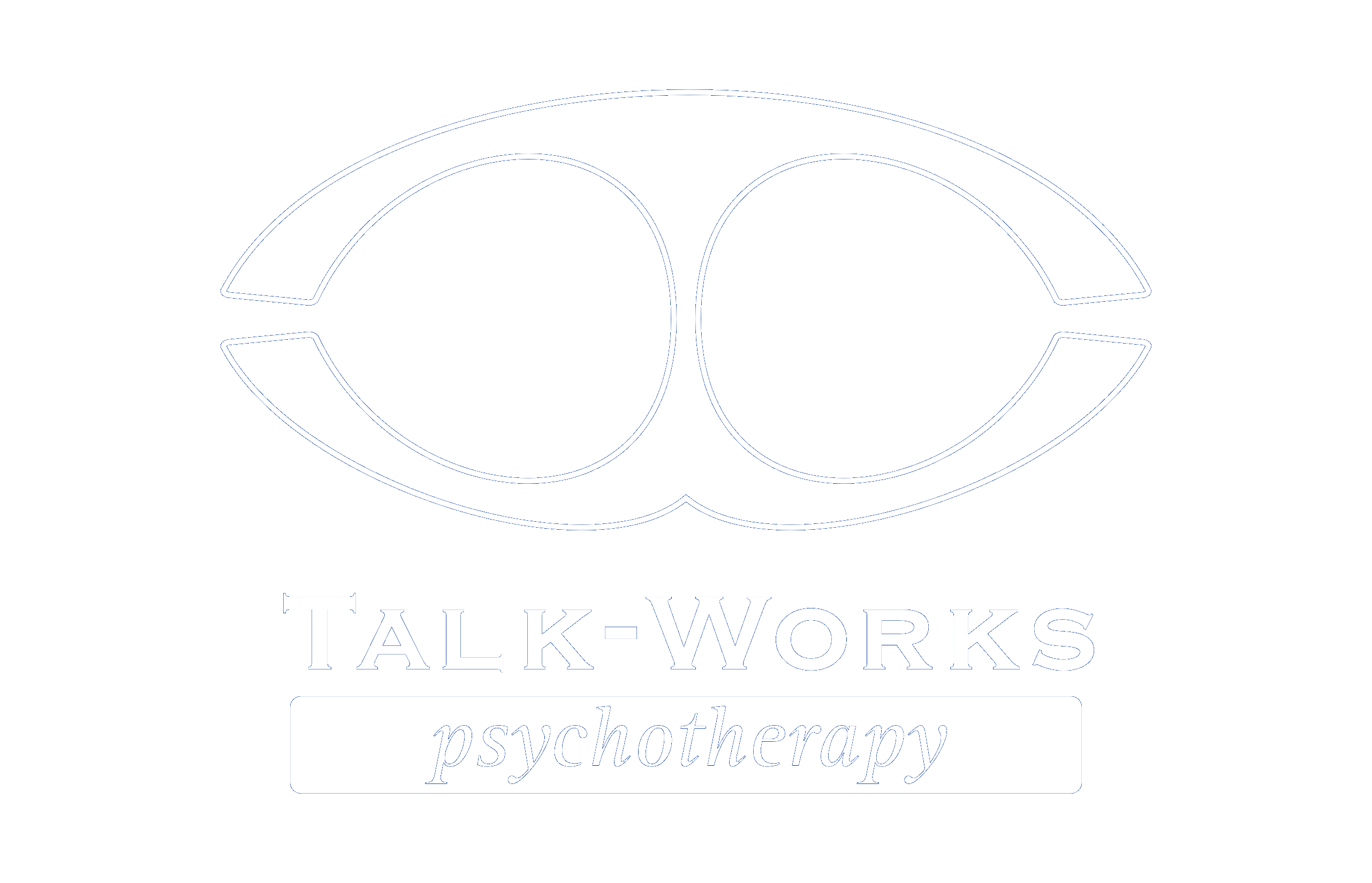Should we love our parents?
Should we love our parents?
The received wisdom of our society seems to be that we should have loving and enriching relationships with our parents. It’s perhaps taboo to suggest otherwise, yet the reality for many people is that the relationships they have with their parents can be fraught, confusing and frustrating. Why is this?
We get what we get
Of course there are distracted, negligent, abusive and malign parents and the children who survived them will have to contend with the trauma they caused. However, unless you were very unlucky you probably had parents who did their best. It’s just that their best may not have been what you needed and maybe did not provide the most fitting environment for you to develop within.
It can be very difficult to acknowledge this without feeling ungrateful and disloyal. After all, if they did their best, how can we blame them? And besides, we generally have a clear understanding of the difficulties they were going through, let alone the complicated relationships they had with their own parents.
It’s not a blame game
I think it’s important to realise that this isn’t a blame game, it’s a loyalty game. Not loyalty to our caregivers, but loyalty to our essential self that was frustrated from emerging and is still seeking to emerge. We want to become who we truly are, and in an ideal world, that essential self would have been noticed in childhood, nurtured and protected, so that it could develop.
Typical parenting
What often happens is that parents, only too well aware of the deficits of their own childhood, seek to parent in the way they wish they had been parented. While this appears to them to be a deep act of love there is a flaw. Their children are not them and those children may not need the experiences that these parents yearned for.
Problems with this?
This sets up some problems. Firstly, the child is not really being ‘seen’ because the parents are really seeing and attempting to repair their own frustrated childhood needs. This is not an honouring of the child’s essential self. Secondly, the parents struggle to understand why these children do not appear to be particularly grateful for all this careful parenting. Thirdly, the children know on some level that they are being ‘missed’ but have to reconcile this with the knowledge that their parents have apparently been acting with love.
What is love anyway?
One way to begin to find a way through this is to realise that there are different kinds of love, something the ancient Greeks were well aware of. Here’s a quick summary:
Agape (pronounced A – garp – a)
The love which seeks to enhance another person’s development without thought or need of reciprocation. This is the love from a parent to a child and is unconditional. Whether we get it is perhaps the matter we are discussing.
Eros
The love of passion and mutual consumption. This is the love between intimate partners and what we think of as romantic love. It is ideally reciprocated and is conditional. If a partner breaks the ‘rules’ it may be over.
Philia
The love of friends, loyalty, closeness, sharing and sacrificing (but not romance).
Storge (pronounced Store – gay)
This is the compassionate love between special friends, owners and pets and indeed parents and children. It’s cosy and lovely but not quite the same as Agape. There’s something more actively reciprocal about it maybe?
There are more identified types of love but this is complicated enough already. You can read more about it here.
So should we love our parents?
So back to the original question; should we love our parents? And if we do, what kind of love is it? It would be great if we could, after all we typically only get one set of parents.
The word that seems to fit quite well is duty. It appears that if we received the unconditional love and validation we needed from our parents then this duty feels joyful and loving. If the love we received was conditional and ill-fitting then this duty can feel like a complete pain.


